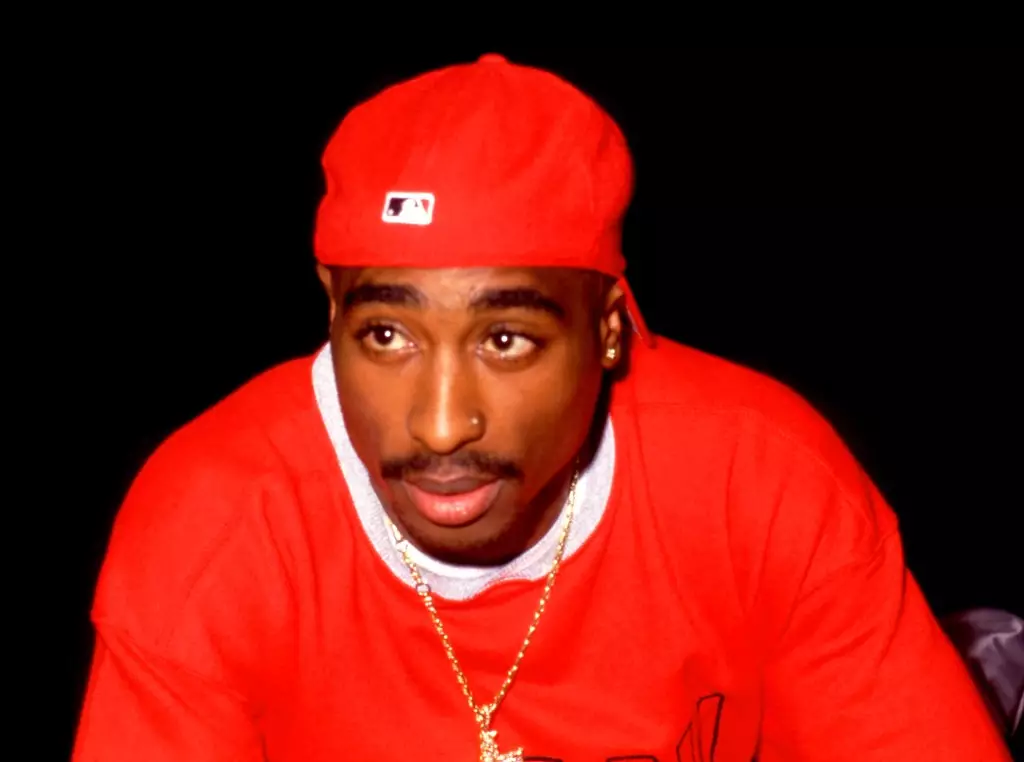In a surprising turn of events, Allen Hughes, Tupac Shakur’s one-time video director and now biographer, has embarked on a docuseries about the late rapper despite a past altercation between the two. Hughes recently released his five-part docuseries Dear Mama on Hulu in the US and is set to debut on the Disney+ platform in the UK on October 1st. The decision to create this series comes after Hughes was previously beaten up by Shakur three years before the rapper’s death. In an interview with The Guardian newspaper, Hughes revealed that the altercation stemmed from a misunderstanding that occurred on the set of his film Menace II Society. Shakur, who had been cast in the film, disagreed with the director over his character’s backstory and eventually walked off the production. Months later, Hughes was attacked by Shakur’s entourage, resulting in Shakur’s conviction for assault and a 15-day jail sentence.
Despite their past conflicts, Hughes now sees the situation from a different standpoint. He no longer solely blames Shakur but recognizes that both sides had a role to play in their heated clash. Reflecting on the incident, Hughes admits, “Before I would’ve said [it was] just Tupac, but now I’d say both sides… But with my own brother, I have that problem!” This new perspective sheds light on the complexities of their relationship and emphasizes the shared challenges faced by young individuals navigating their way through the tumultuous music industry. Hughes highlights the fact that they were both only twenty years old at the time, filled with passion and a strong sense of self.
Meeting in the early 1990s, Hughes and Shakur formed a close bond that endured beyond their conflict. Hughes co-directed three of Shakur’s music videos: Trapped, Brenda’s Got a Baby, and If My Homie Calls. Their partnership proved fruitful creatively, showcasing their shared vision and artistic chemistry. This unique perspective and personal connection allows Hughes to delve into Shakur’s life, enabling him to offer a nuanced portrayal of the iconic rapper.
With previous documentaries such as Nick Broomfield’s 2017 release Biggie & Tupac and the 2003 film Tupac: Resurrection already exploring aspects of Tupac Shakur’s life, Hughes’s docuseries takes a different approach. Instead of focusing solely on Shakur’s career or his tragic death in 1996, Hughes narrows the focus to his relationship with his mother, Afeni Shakur. As an activist and former Black Panther, Afeni played a vital role in Tupac’s upbringing and influenced his music and message. By centering the narrative on this maternal connection, Hughes provides a fresh perspective on the complex layers of Tupac’s life, painting a more comprehensive portrait of the man behind the music.
Allen Hughes’s decision to create a docuseries about Tupac Shakur is a testament to the power of personal growth and forgiveness. Despite a turbulent past, Hughes demonstrates a willingness to see beyond the conflict and honor the multifaceted nature of his relationship with the late rapper. By delving into Tupac’s relationship with his mother, the docuseries shines a light on the profound influence of family and the complexities of an individual’s journey. Through this series, Hughes offers viewers a chance to reevaluate their perception of Tupac Shakur and gain a deeper understanding of his lasting impact on the music industry and beyond.

